Don’t regulate away aviation recovery, pleads Qantas CEO Alan Joyce
Qantas CEO Alan Joyce pleads with regulators not to be overzealous, saying he’s looking forward to competing against his friend, new Virgin CEO Jayne Hrdlicka.
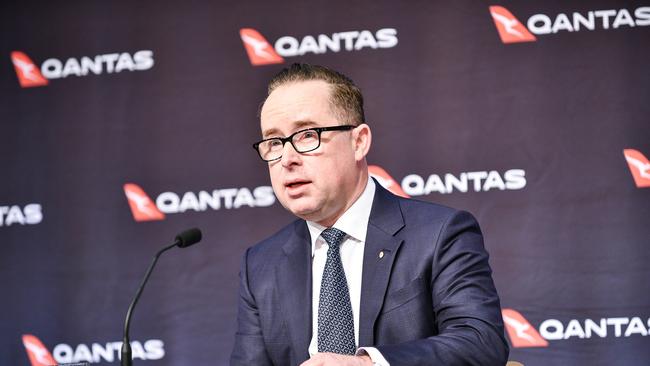
Qantas chief executive Alan Joyce has warned the competition regulator against taking an overzealous approach to monitoring the post-COVID aviation market, as he reiterated calls for the national cabinet to do more to prevent state borders shutting following the South Australian lockdown.
Mr Joyce told The Australian’s Strategic Forum on Thursday that the National Cabinet needed to more effectively drive a national approach to borders to prevent them slamming shut again when there was a temporary infection spike in one state or another.
“We clearly have states that decided they will have zero tolerance of risk. But everything we do everyday, we take a risk. And we have processes in place to manage it ... We need to get that on a national level. This is straining federation, causing a problem for federation. We are one country and we should be acting that way,” Mr Joyce said, in comments made before Victoria's decision on Thursday to close its border to South Australia..
“Clearly the national cabinet has worked really well. (But) Everybody would say that on this issue it has not worked and it is failing on this issue.”
Mr Joyce has previously strongly criticised various state governments for continuing to open and close internal state borders based on political rather than medical reasons.
This week South Australian Premier Steven Marshall put the state into a major lockdown for six days as a “circuit breaker” to stop a second wave.
The Business Council estimates that Australia is losing $319 million a day because of closed borders.
Qantas will next week resume 15 flights a day between Sydney and Melbourne, still well below the 45 flights a day operating before COVID hit.
But Mr Joyce said bookings on the route and a current sale by Qantas’s budget carrier Jetstar showed people were willing to travel when borders were open.
“Within days of that (Sydney-Melbourne) announcement we had 40,000 people book on those flights. Jetstar has just launched a sale with a return trip for free. Within in an hour it sold 13,000 seats. Within a day they have sold over 100,000 seats. That is unbelievable because this is for travel post February and usually Jetstar’s sales would be at 2,000, not 100,000 (per day). The biggest travel is out of Melbourne. So there is huge demand,’’ he said.
“We are trying a lot of new routes that are working. For example Canberra to Cairns, Hobart to Perth, and we are seeing demand on routes we would never have operated before actually appearing because people can do that. So you will see Qantas doing a lot of this.”
The airline is hoping to be back to 60 per cent of its pre-COVID schedule by Christmas.
“We hope if the virus is kept under control and the borders are kept open, we will be back in the first quarter of the calendar year to 80, 90 and then 100 per cent of our schedule.
JobKeeper runs off in March so we really need to get this going before that happens,” Mr Joyce said.
The Australian Competition and Consumer Commission has said it is closely monitoring the airline industry as it opens up post COVID to prevent any diminishing levels of competition following the emergence of Virgin Australia out of administration.
The ACCC has warned it would take enforcement action against any anti-competitive behaviour.
“The ACCC have established a monitoring unit to essentially look at Qantas and the aviation market. When Qantas is coming through a process where it is recovering. We are worried this will become a postbox for grievances, which seems to be happening,” Mr Joyce said.
The ACCC is currently examining the decision by Qantas’s regional subsidiary QantasLink to start flying from Sydney to Orange, a route previously only operated by Regional Express (Rex)
“I would have thought it was a welcome outcome to have competition on a monopoly market instead of us having to defend the situation,” Mr Joyce said.
“We also see the head of the ACCC defining what the competition model should be - you should have business class and lounges. Surely the competition would decide what their own sustainable business model is where they can be competitive against Qantas.”
He said Qantas was unable to restructure its operations - including its aircraft leases - in the way Virgin had through its administration process and was committed to getting its aircraft back in the air so it did not burn cash.
“The ACCC and the authority should be embracing that because that is the market working and the reality of the situation. We are a bit worried that there could be overstretch in this situation, which is also worrying a lot of other companies at the moment,” he said.
In his first public comments on the appointment of former Qantas executive Jayne Hrdlicka as Virgin chief executive last month, Mr Joyce said he welcomed her appointment and looked forward to the challenge of competing head-on with his friend and former colleague.
“We both know each other very well. I have known Jayne for over 20 years, I regard her as a friend. I know her family very well and she knows my husband very well. What is great is that Virgin have a very capable executive. Jayne did a great job in the Qantas Group. She had a number of roles here. But we know it is going to be very competitive. Both of us are very competitive people. The fact we know each other won’t hold back from the fact that we are going to be very competitive and our organisations are going to be very competitive,’’ he said.
“It is clear Virgin is going back to a hybrid model and that was a very successful model under Brett Godfrey. It made profits for nearly 10 years. It was only when it went upmarket and was badly managed that it lost money for the next 10 years and I know Jayne will be very disciplined and focused on what is a good model.”


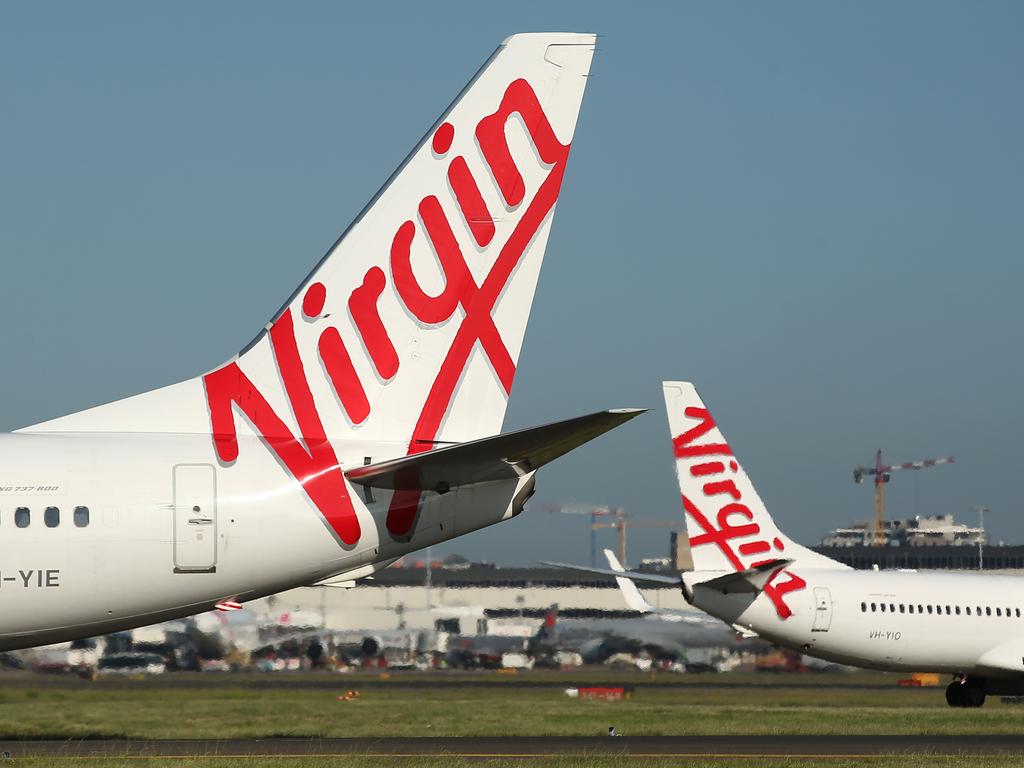

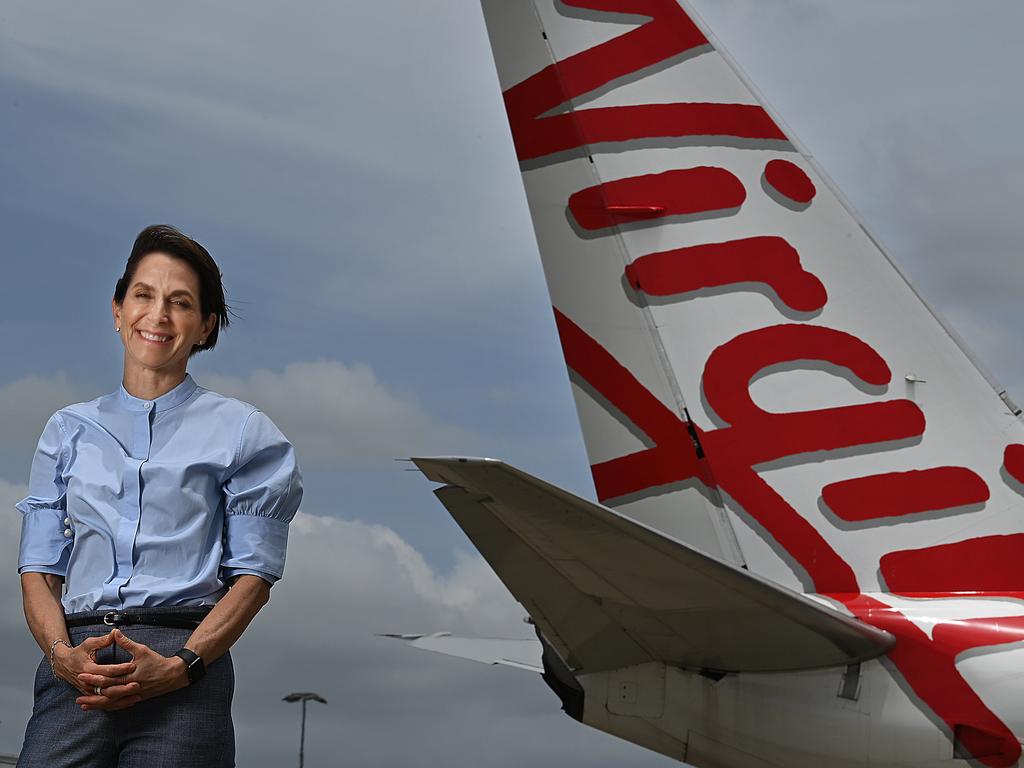
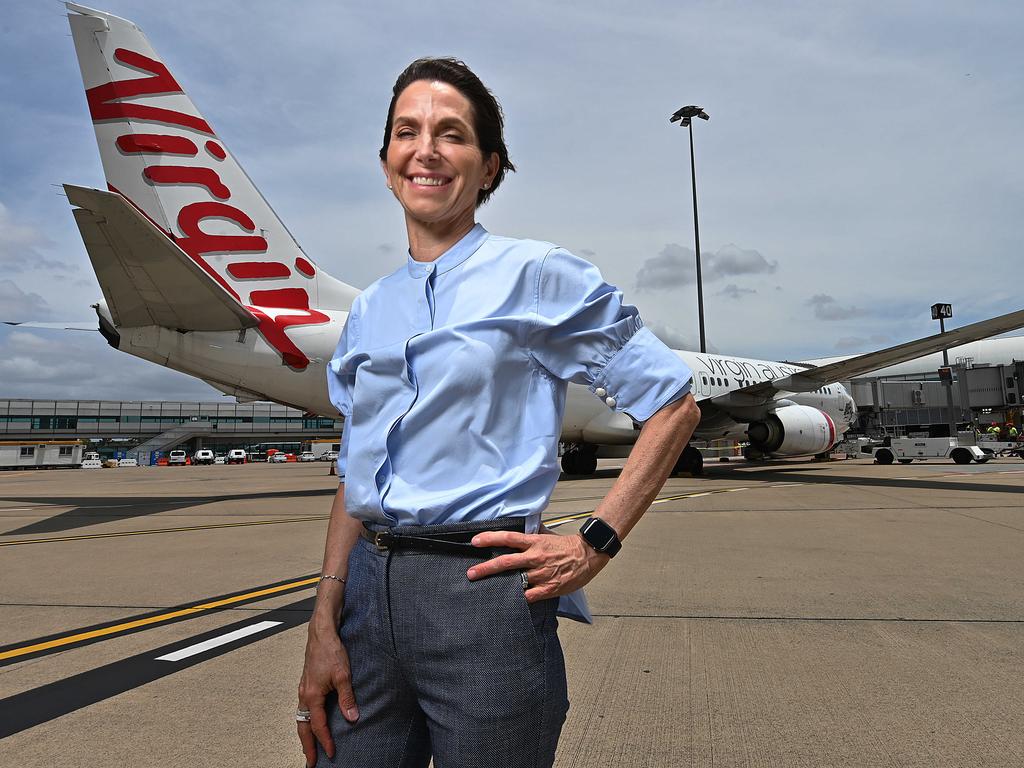
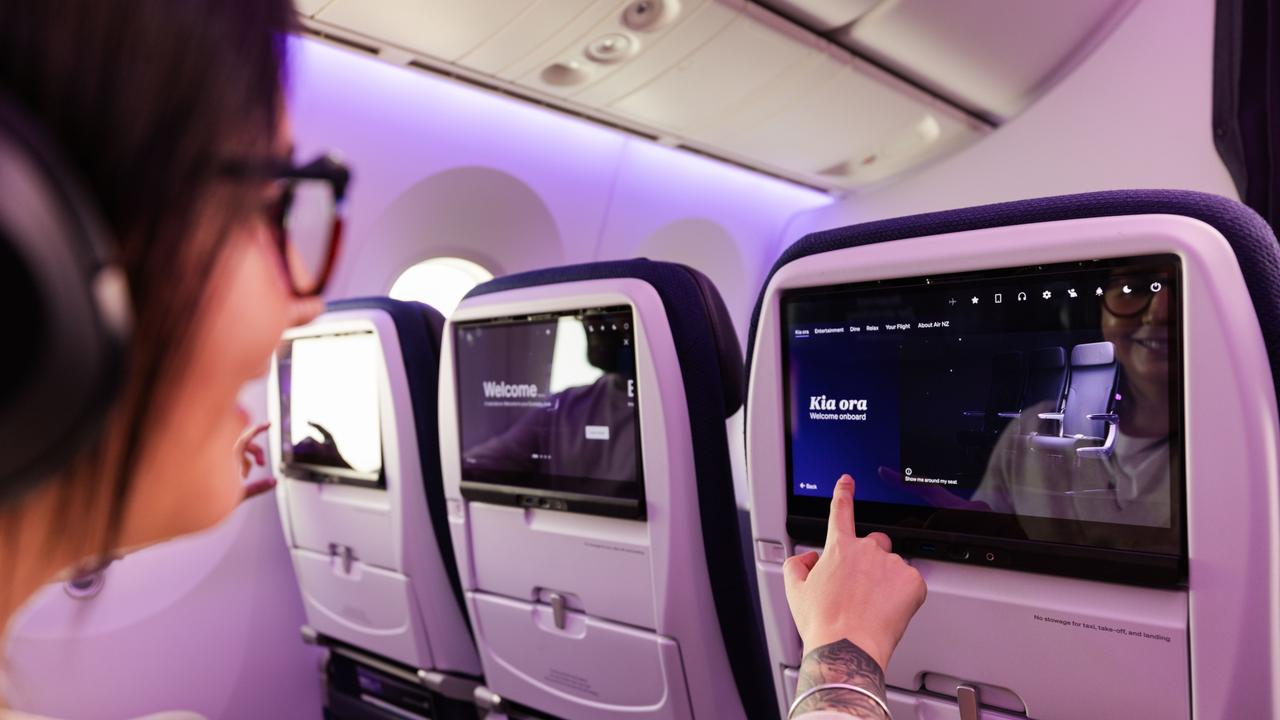
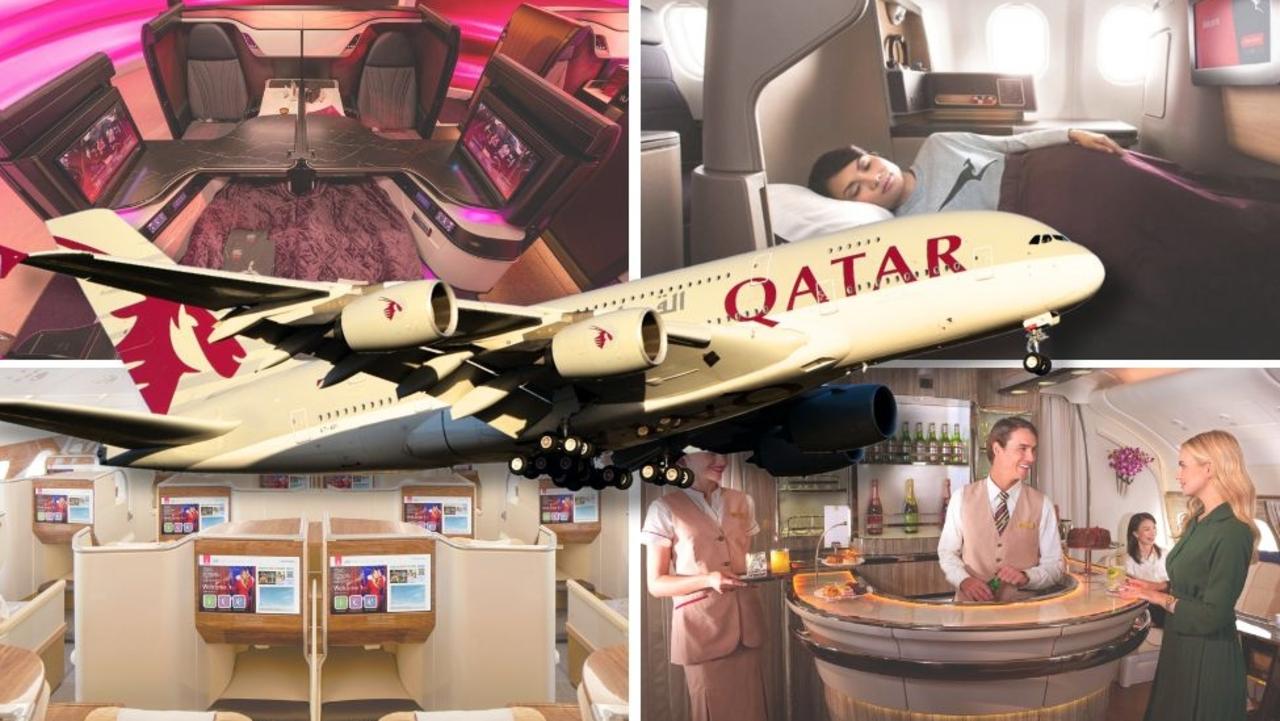
To join the conversation, please log in. Don't have an account? Register
Join the conversation, you are commenting as Logout